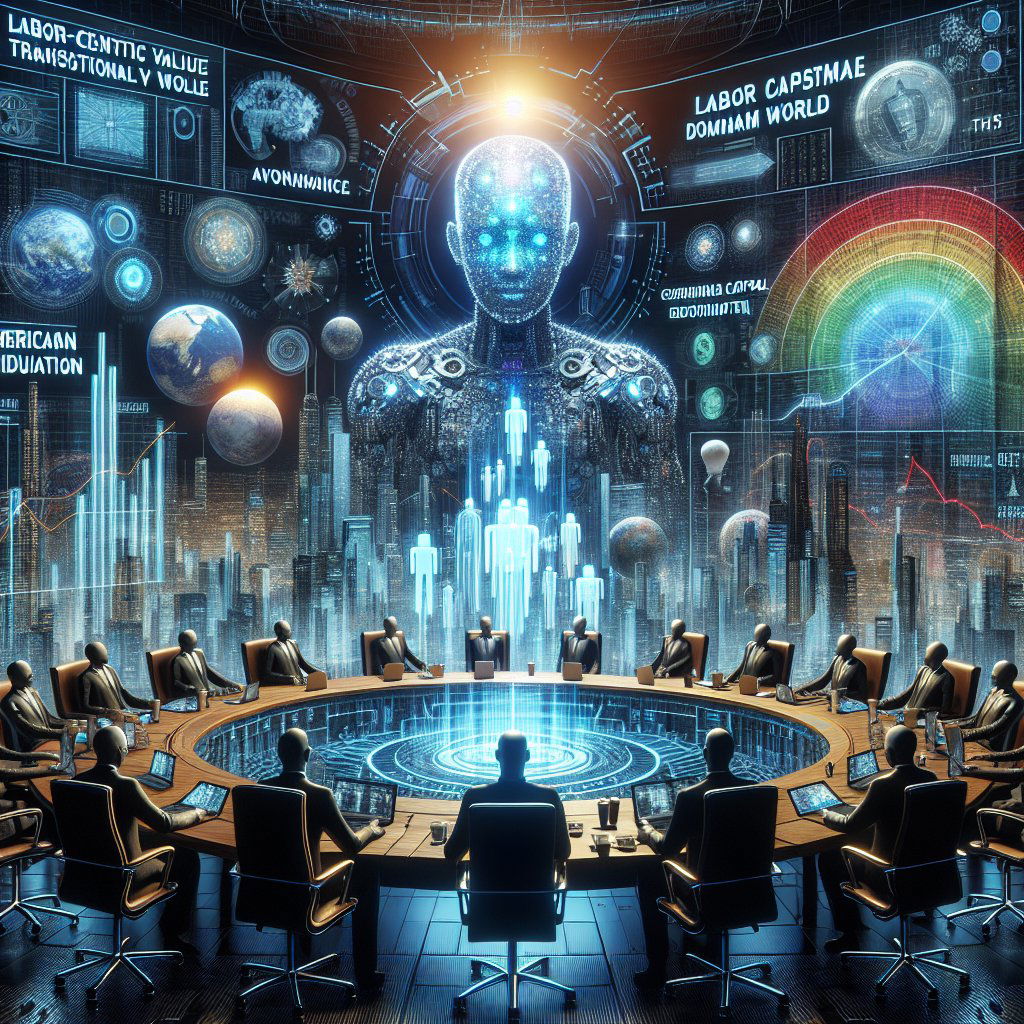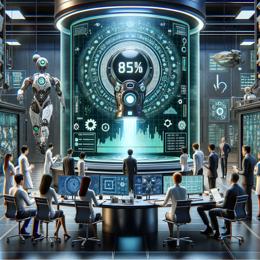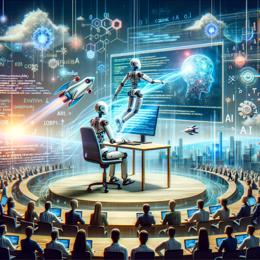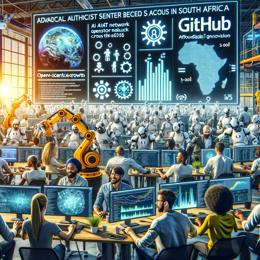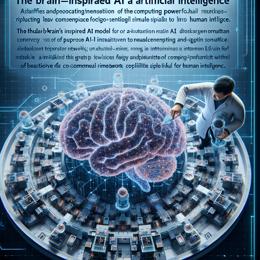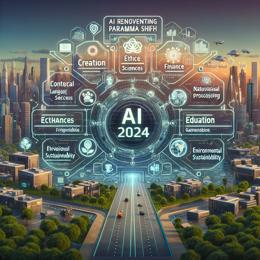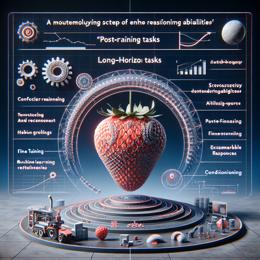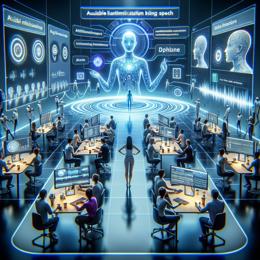Image: AI generated for illustration purposes
The OpenAI Saga and Sam Altman's Vision of an AI-Driven Economy
The world of artificial intelligence (AI) has recently been captivated by the tumultuous events at OpenAI, where CEO Sam Altman experienced an abrupt dismissal followed by an equally swift reinstatement. This rollercoaster of corporate governance, which saw a reversal of board decisions and a near mass resignation by staff, left the tech community bewildered. The stated reason for Altman's sacking was his alleged lack of candor with the board, yet the true motivations remain shrouded in mystery.
Within the melee of boardroom politics, what has been overshadowed is the extent to which Sam Altman's economic ideals could shape our future amidst the rise of AI technologies. Altman’s blog post, "Moore’s Law for Everything", casts a vision quite alien to conventional economic paradigms, revealing his deep concerns about the impending socio-economic disruptions an AI revolution could bring.
Altman proposes a tectonic shift from labor-centric value to a capital-dominant world due to AI’s ability to dramatically reduce the cost of goods and services by removing labor from the equation. Recognizing the impending challenge of inequality in this new landscape, Altman audaciously suggests the creation of the American Equity Fund, a mechanism that would accumulate wealth by taxing businesses and private lands, redistributing resources in the face of declining labor value.
His ideas resonate with the broader effective altruism movement and pack a punch with their sheer scale and boldness. Outlandish as it may sound, his concept shares a kinship with smaller-scale proposals aimed at redressing inequality through systematic investment in the population's interest. Albeit challenging, the prospect of rendering citizens shareholders in the economic growth holds promise in diminishing wealth disparities.
However, Altman’s proposition is not without its caveats. Critics point out the potential economic fallout of continually taxing companies in shares, eroding the stock market's efficacy as a wealth generator, and ultimately, diminishing the very value it is supposed to redistribute. Fundamental to this critique is the nuanced interaction between capital and labor that defies the simplicity of their proposed dichotomous evolution.
Despite these concerns, Altman's overarching ideal of democratizing stock market wealth—an engine thus far reserved for the upper echelons of society—remains an attractive remedy for inequality. His perspective, although eccentric and tied up with his current professional whirlwind, represents the kind of radical thinking that might just infiltrate mainstream discourse as AI becomes an inextricable element of our world.
The OpenAI fiasco has not only shone a light on the machinations of high-stakes tech leadership but also on the larger economic conversations that AI pioneers like Sam Altman are spearheading. As AI continues its relentless march, the ideas that sound like science fiction today could well be the blueprints of tomorrow's economic strategies.
